To kids who feel like they have just lost everything,
You may have lost a parent, your home, your family’s income, or simply your sense of normalcy. In some way, you are one of many children struggling because of COVID-19, the virus rapidly spreading across the country.
At this moment, you might feel like you want to give up on yourself. But I want you to know what I have learned about why you should keep going.
I want you to understand why there is hope for you.
My first tattoo is of a map of the state of Louisiana with the date 8/29/05. On that date, I was 11 years old. My family heard a few days earlier that a hurricane, known as Hurricane Katrina, was coming to New Orleans, where we lived. We didn’t take it too seriously. New Orleans is below sea level, so we always got bad weather. When the mayor announced an emergency evacuation for the entire city, it was too late to leave. So, we packed our bags for a couple of nights, drove downtown in my parents’ new Oldsmobile and stayed at the DoubleTree Hotel on Canal Street, where my mom worked. We thought we would only be away for a few days.
I want you to understand why there is hope for you.
When Hurricane Katrina made landfall on August 29, 2005, my whole life changed.
Enter Your Email to Unseal Premium Content
I remember a woman running into the lobby of the hotel screaming, “The water is coming! The water is coming!”
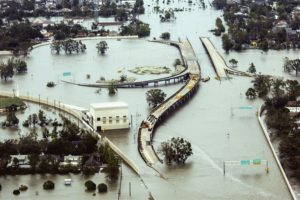

My mother started to panic. Then, my brother and I began to panic. We were little boys, but we understood the seriousness of the situation and we were scared. My dad did a great job of keeping the family together, while he and my uncle helped carry elderly people up the stairs and away from the water.
My family survived Hurricane Katrina, a category five storm and one of the most deadly, costly and catastrophic hurricanes in American history.
On August 29th, 2005, my family lost nearly everything.
Our house was in the ninth ward, one of the hardest-hit areas of New Orleans. We couldn’t go back because it was all underwater. Thankfully, my dad parked the Oldsmobile in a parking garage on a high floor, so it was OK. A few days after the storm, we got in the car and started driving without any idea where we were headed.
We stopped to get gas in Sealy, Texas, and soon caught a flat on the side of the road.
It was late at night and this old white guy stopped and asked, “You guys need help?”
We told him we just went through Hurricane Katrina.
This guy gave my parents his number, got us a hotel room for the night and told my parents to give him a call in the morning because he wanted to help us fix our tire.
He didn’t just buy us one new tire. He bought us four new tires. From there, we made it to San Antonio, where a family took us in and our church donated money and clothes to help us get back on our feet.
I learned early that during difficult times, there are people out there who care and will help you.
When we moved to San Antonio, my parents didn’t have my birth certificate, which meant I had to sit out of school for a year.
When I finally enrolled, kids told me, “Go back to where you came from.”
I started to get into a lot of fights. They transferred me to an alternative school and then my parents home-schooled me for a year.
I wanted to go home to New Orleans and my mom, who got my brother and me involved in sports, said,” We can’t go back there right now. So we’ve got to make the most of what we got here.”
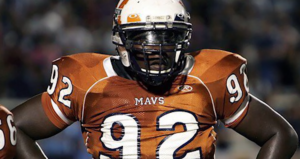

She added, “Why don’t you use some of that frustration on the field?”
That’s what I did. I made the varsity basketball team as a freshman and then the varsity football team as a sophomore. ESPN happened to televise my first varsity football game and I made a few big plays. Shortly after, Baylor University offered me a full scholarship. Ultimately, I decided to go to Oklahoma State.
To this day, when I step out on the field or hit the weight room, I always take a minute to think about August 29, 2005. Instead of being angry, it reminds me that no player or workout is tougher than what I have already been through. That’s how I ended up being named to the All-Big 12 and becoming a sixth-round draft pick.
I have learned you can’t let hard times hold you back. Instead, find a passion that motivates you and go get it.
In my sophomore year at Oklahoma State, we played in the Sugar Bowl at the Superdome in New Orleans, the city I left at 11 years old. In my last year of college, I went to the Alamo Bowl in San Antonio, the city that welcomed my family and me. Then, last year in my final preseason game on August 29th, the anniversary of Hurricane Katrina, I played against the Saints in New Orleans. It’s crazy. The only way those “coincidences” add up is that the plan God had in store for me was bigger than the moments that hurt me.
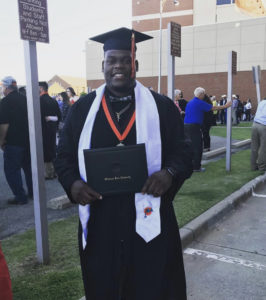

That’s why and how I learned that no matter the situation, you should always have faith.
August 29, 2005, could have been the day I lost my life. It could have been the day I gave up on myself.
Since that day, with the help of my family, I graduated from high school. I became one of the first in my family to receive a college degree and I became an NFL player.
My dad says whatever happens from here on out is a bonus because I am already winning.
But I am not done yet.
After getting cut from the Miami Dolphins last year, I am playing for Buffalo. The Bills have a deep defensive line. But you best believe that when I go back out there, people will know the name, Vincent Taylor. I am going to make plays and earn my spot.
I believe in myself, just like you should believe in your future.
That’s because as long as you keep going, this very moment when you feel like you lost everything, will teach you that no matter the circumstance, you can become anything.
Keep going but never forget where you came from. Greatness is ahead.
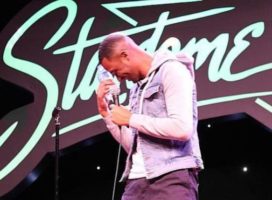

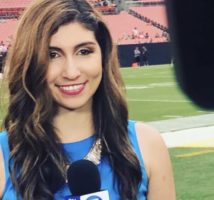

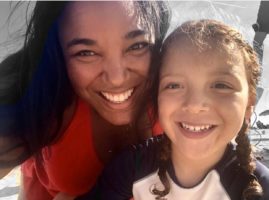
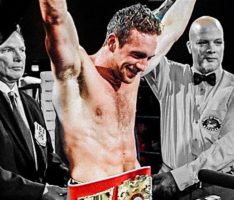
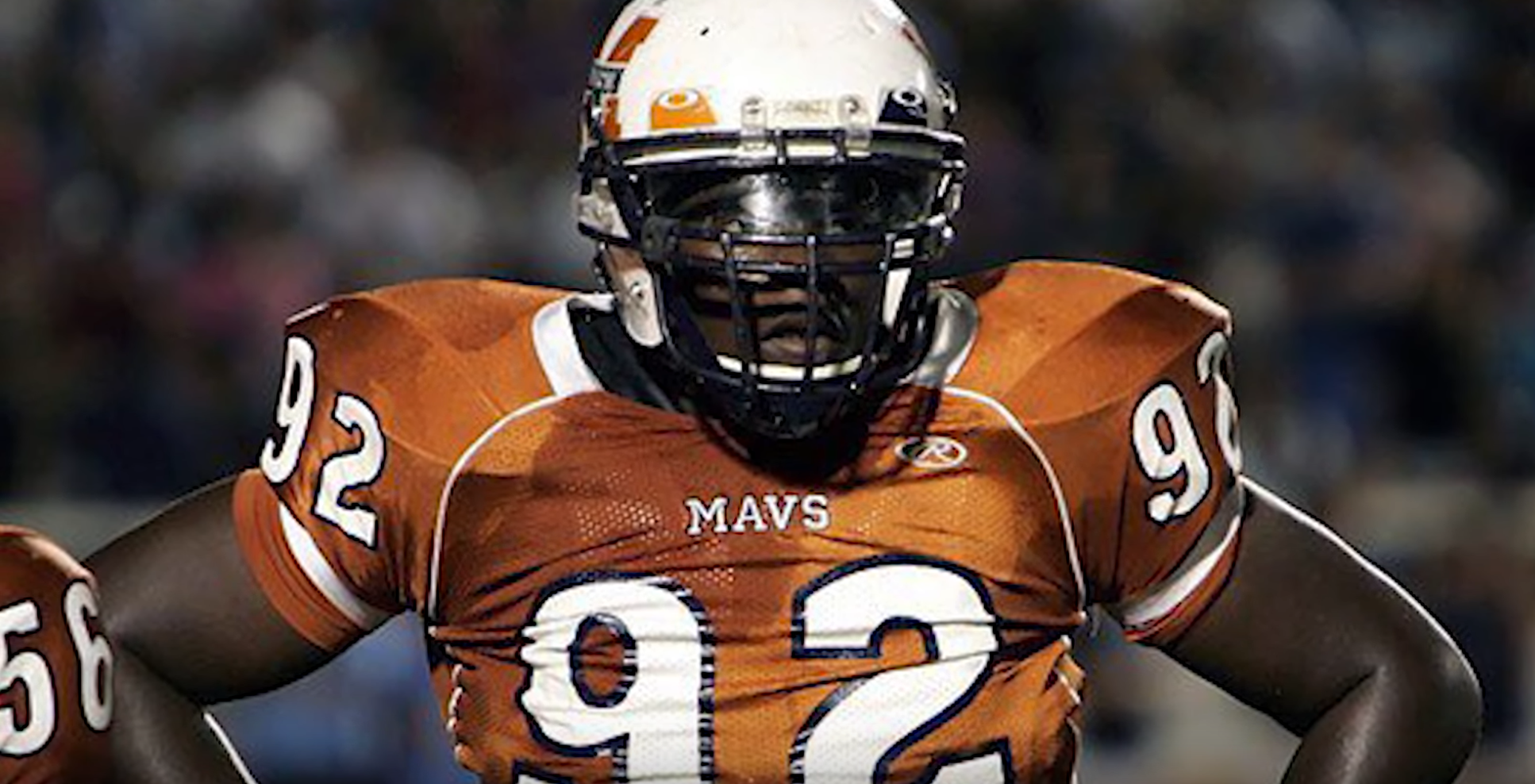

One thought on “Even if you feel like you lost everything, this is why you should have hope”